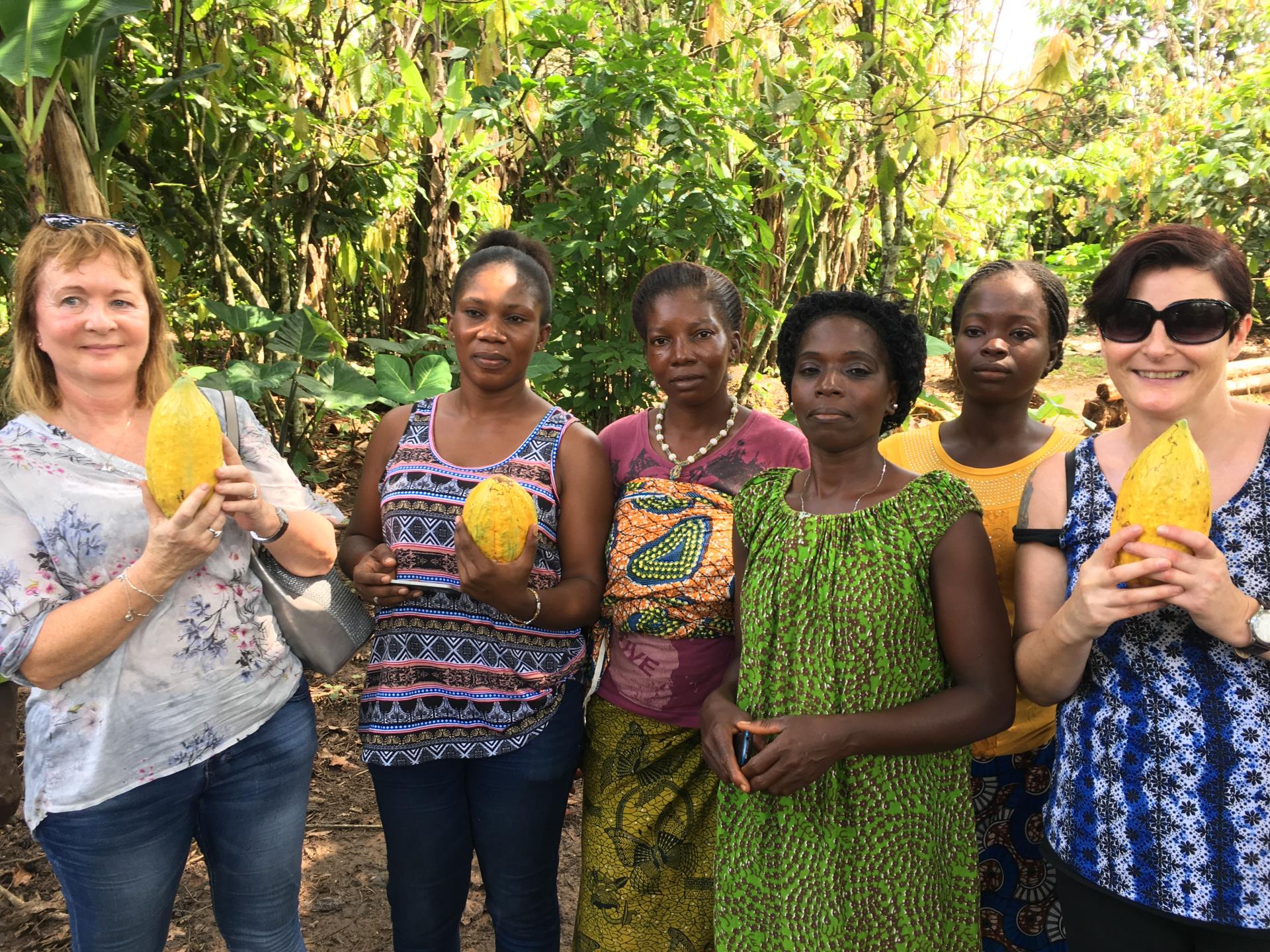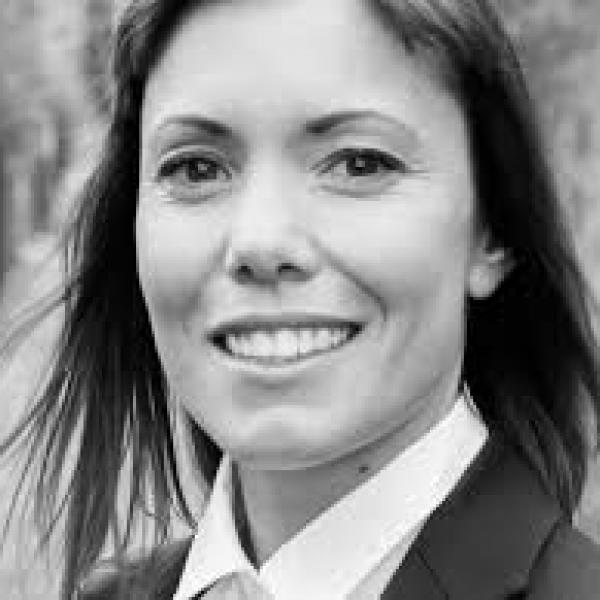Celebrating International Women’s Day 2018 at Barry Callebaut - Spotlight on empowering women in cocoa
Celebrating International Women’s Day 2018 at Barry Callebaut - Spotlight on empowering women in cocoa
Women are the backbone of our economy. They represent half of the global workforce and in some regions in the world, women outnumber men in certain sectors of the labor force. Women account for nearly half of the world's farmers, and in some countries, up to 60% of the agricultural labor force (FAO 2011). Women often struggle to own farms due to inequality in land ownership and control in certain communities and regions in the world.
Yet more and more women are becoming increasingly visible, leading for change and pressing for progress - financially, politically and also, socially - for their families and in the communities they live in.
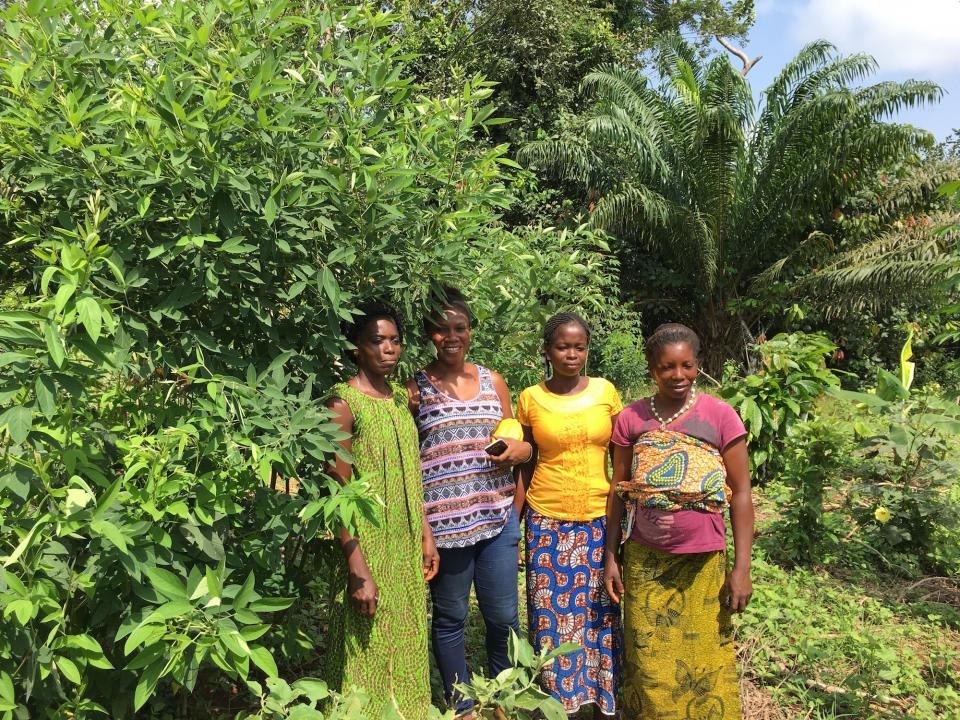
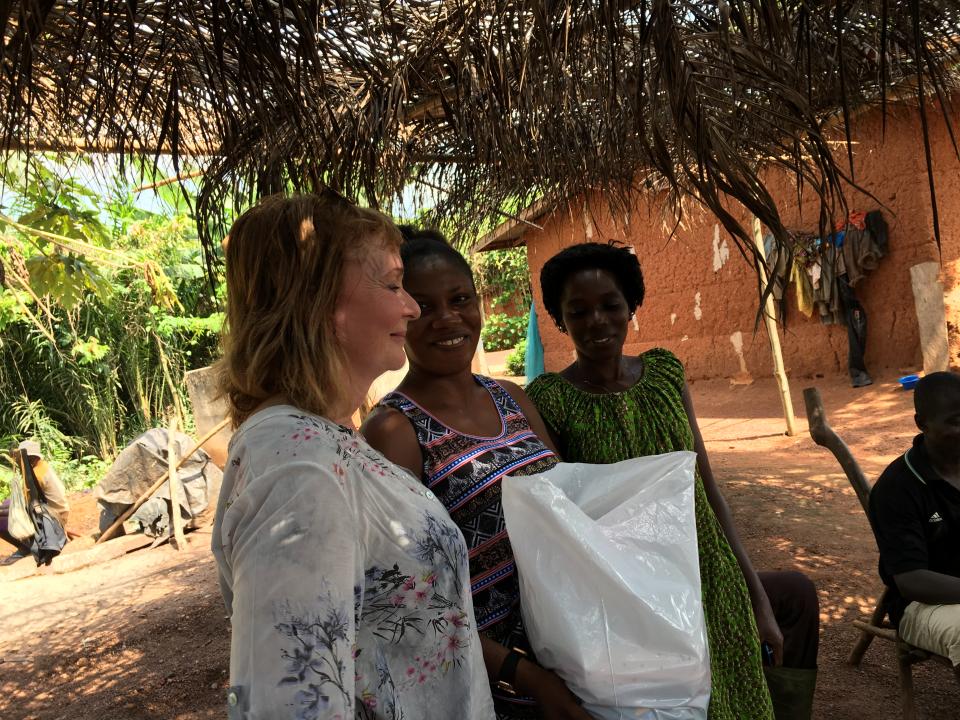
As part of Barry Callebaut’s Forever Chocolate commitment, diversifying income will be a key step in helping to lift cocoa farmers out of poverty. To address this, Barry Callebaut is piloting efforts which highlight women’s income generation, training women on managing the production and sale of vegetable crops and the raising of livestock.
These new efforts are in addition to the ongoing promotion of women in cocoa farming as a means to empower and elevate women’s standing in farming communities, as well as to diversify family income. In partnership, the Cocoa Horizons Foundation has trained 66 female lead farmers who have coached an additional 246 farmers in their farming communities in Côte D’Ivoire. This initiative is running for a period of three years until 2019. Ultimately, these women are not only contributing to their community’s financial independence but are also key to driving cocoa sustainability.
Barry Callebaut’s customers have also partnered to empower women cocoa farmers. For example, Butlers Chocolates and the Cocoa Horizons Foundation teamed up to launch the Joint Productivity Development Project to provide female farmers with agroforestry training in Cote d’Ivoire in 2018. Through training and support, Butlers enabled six women farmers to become equipped with the skills and tools to set up and manage their own farms. On top of that, the project also trains female lead farmers to later coach and support small groups of farmers in their communities.
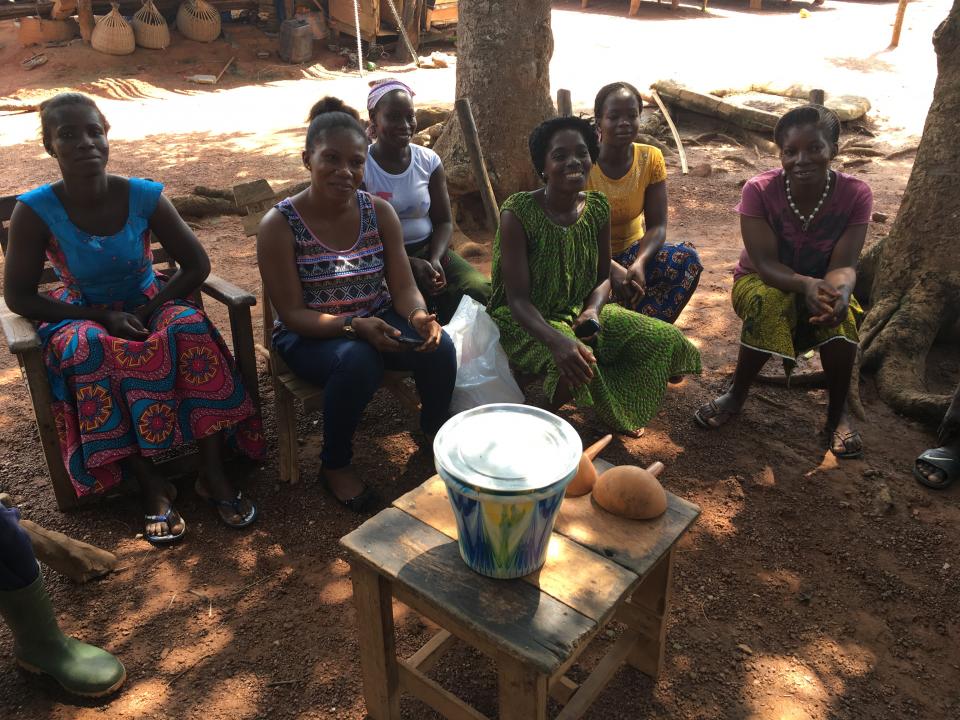
This is the reason we have chosen to shine the spotlight on the stories of two phenomenal women, Koffi Aya Elodie and Koffi Affoue Blandine, whose voices we hardly hear, but are empowering themselves to break stereotypes and inspire other women around them to seize new opportunities, to better their lives and those of the people around them.
Koffi Aya Élodie
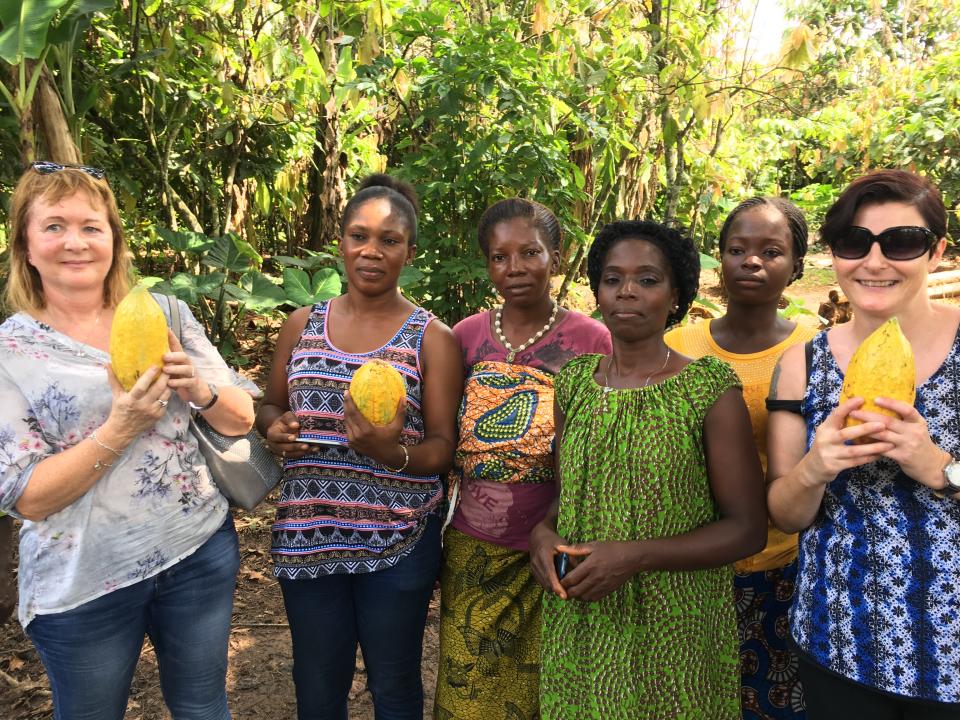
I am Koffi Aya Élodie, the daughter of a cocoa farmer in N’Gorankro (Ouragahio / Gagnoa). I was trained on sustainable and effective farming of cocoa on a parcel of a cocoa plantation. During my training, I learned how to plant other farming species within one parcel of cocoa plantation to its maximum without needing to extend into another.
I received the seeds for the growing of bananas, cassava and maize, and the planting of these besides cacao has enabled me to be an active and independent female farmer.
The harvest from my parcel of land has empowered me to be able to feed and provide for my family independently.
Koffi Affoue Blandine
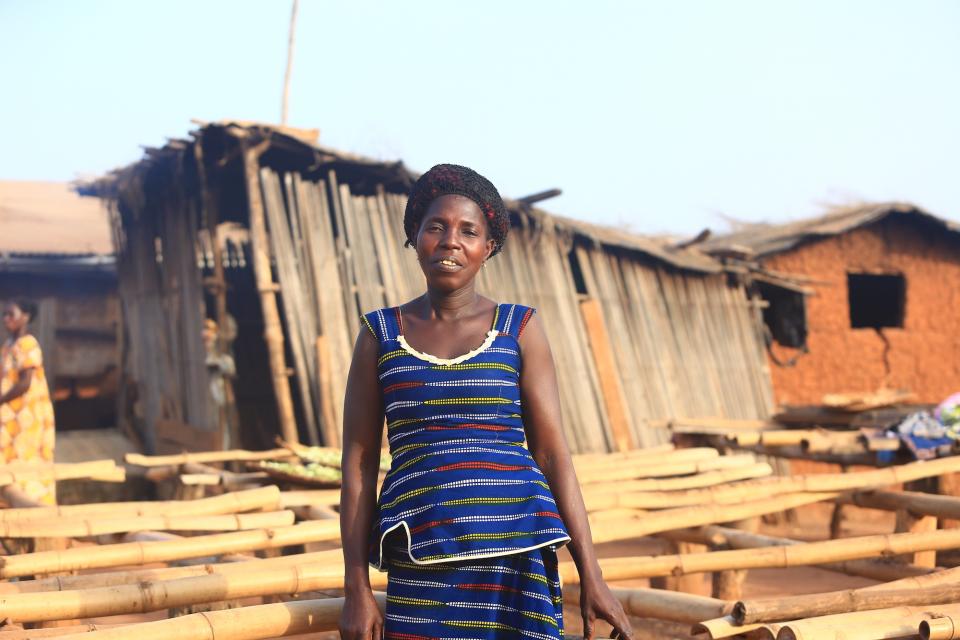
My name is Koffi Affoué Blandine. I live in N’Gorankro (Ouragahio / Gagnoa) and I am the wife of a cocoa farmer.
I have benefitted, along with other women, from a training on the techniques of cocoa planting, as well as of other food crops within a cocoa plantation.
This training has enabled me to protect and plant in a rational and sustainable way which protects the forest while assuring my independence in being a farmer through acquiring the necessary skills and techniques in planting and harvesting food crops besides cacao.
We learned how to plant food crops between cocoa crops in a way which does not prevent a good harvest of cacao. The planting of food crops within a cacao plantation, in fact, contributes to the quality of the cacao harvest. These food crops also protect the cocoa tree and the cocoa pods from the intensity of the sunlight.
We were also trained on the effective use of fertilizers for our plantations.
With this training, I also received cassava, yam, maize, French bean and okra seeds which I have started cultivating on the parcel of land belonging to my husband.
Being a part of this project has enabled me to be able to put food on the table, thanks to my harvest. In addition, selling some of my harvest has also made me financially independent.
Today, I am completely independent. I am very grateful for the training and to the pioneers of this project.
